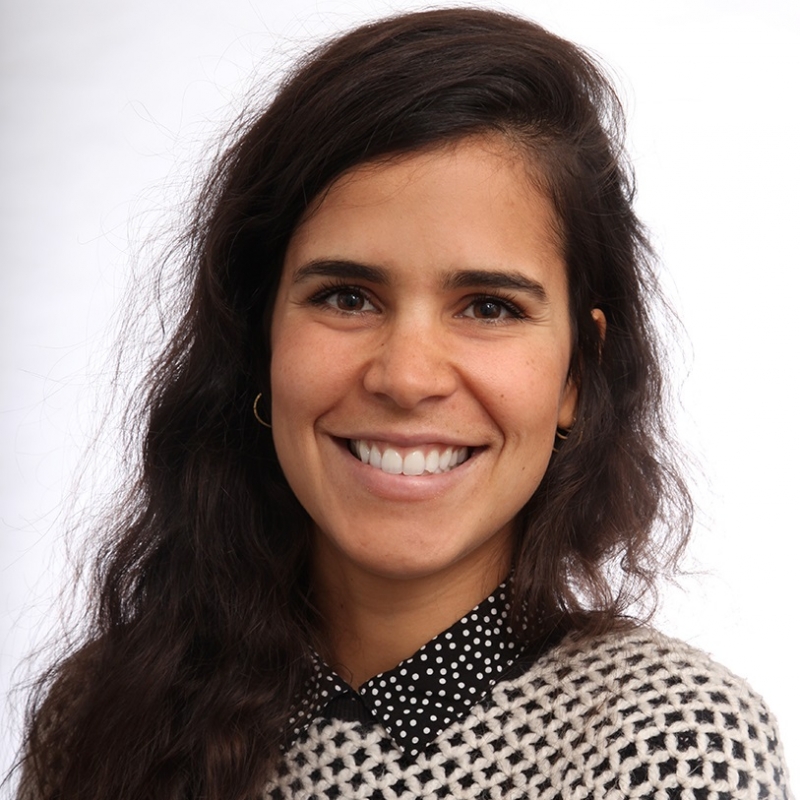Dr Marcella Papini
University of Newcastle
Optimising for Impact: Tools and Techniques for Sustainable Decision-Making
This short course explores how mathematical optimisation tools and techniques can be used to support sustainable decision-making aligned with the United Nations Sustainable Development Goals (SDGs). Across five sessions, participants will engage with practical models, algorithms, and tools to address real-world challenges in sustainable supply chains, urban mobility, resource allocation, and resilience planning. Each day combines a lecture on foundational concepts with a hands-on workshop using SageMath, empowering participants to formulate, solve, and interpret optimisation problems in diverse sustainability contexts.
By the end of the course, participants will:
- Understand the role of mathematical optimisation in sustainability.
- Apply optimisation models to problems related to logistics, healthcare, urban planning, and climate resilience.
- Use SageMath to build and analyse diverse decision models.
- Explore the intersection of artificial intelligence and optimisation in sustainable systems.
Topics:
- Foundations of Optimisation and the UN Sustainable Development Goals (SDG)
- Sustainable Supply Chains
- Smart Resource Allocation
- Resilient and Robust Optimisation under Uncertainty
- AI Meets Optimisation: Data-Driven Decisions for a Sustainable Future
Relevance
This course will appeal to students, early-career researchers, and professionals in mathematics, engineering, computer science, environmental studies, and related fields who are interested in applying mathematical modelling and optimisation to real-world sustainability challenges. It is particularly relevant for those looking to contribute to data-driven decision-making aligned with the UN Sustainable Development Goals (SDGs).
Pre-requisites
This course is designed to be accessible to participants from diverse disciplinary backgrounds. While no advanced mathematical training is required, participants are expected to have:
- A basic understanding of linear algebra and introductory mathematical modelling concepts
- Familiarity with high school-level algebra and functions (e.g., constraints, optimisation objectives)
- Prior exposure to programming is essential (e.g., Python, MATLAB, R, or similar)
- An interest in applying mathematics to real-world sustainability and decision-making problems
All mathematical concepts will be contextualised within real-world sustainability challenges, and participants will engage in hands-on modelling using SageMath during workshop sessions.
Pre-Reading
- Introduction to Optimization
- Chapter 1 of “Convex Optimization” by Stephen Boyd and Lieven Vandenberghe:
https://web.stanford.edu/~boyd/cvxbook/bv_cvxbook.pdf
- Chapter 1 of “Convex Optimization” by Stephen Boyd and Lieven Vandenberghe:
- The UN Sustainable Development Goals (SDGs)
- The 17 SDGs: https://sdgs.un.org
- UN SDG Dashboard & Data Explorer: https://unstats.un.org/sdgs/dataportal
- Introduction to SageMath
- SageMath “Quickstart”: https://www.sagemath.org/tour-quickstart.html
- “How to Use SageMath for Linear Programming”:
https://doc.sagemath.org/html/en/thematic_tutorials/linear_programming.html

Dr Marcella Papini
University of Newcastle
Dr Marcella Papini is an expert in mathematical optimisation with a strong commitment to advancing the United Nations Sustainable Development Goals (SDGs). She actively aligns her research, teaching, and engagement efforts with the SDGs, using mathematics as a tool to support evidence-based decision-making for a more sustainable and equitable world.
Marcella has led several publicly and privately funded research projects focused on improving the management of operations across diverse domains—optimising performance not only in terms of economic costs but also environmental and social impacts. Her work has been supported by prestigious institutions such as Australian universities, Transport for NSW, and the Brazilian National Research Council (CNPq).
Her research has resulted in high-quality publications in leading international journals, and she regularly collaborates with academic partners around the globe. She brings a truly international perspective to her work, having studied, taught, and conducted research in Brazil, Australia, and Germany.
Marcella is also a co-founder of the Women’s Research Engineers Network (WREN), which promotes interdisciplinary collaboration and inclusive innovation aligned with the SDGs. She is passionate about empowering the next generation of researchers and practitioners to use mathematics for real-world impact.
